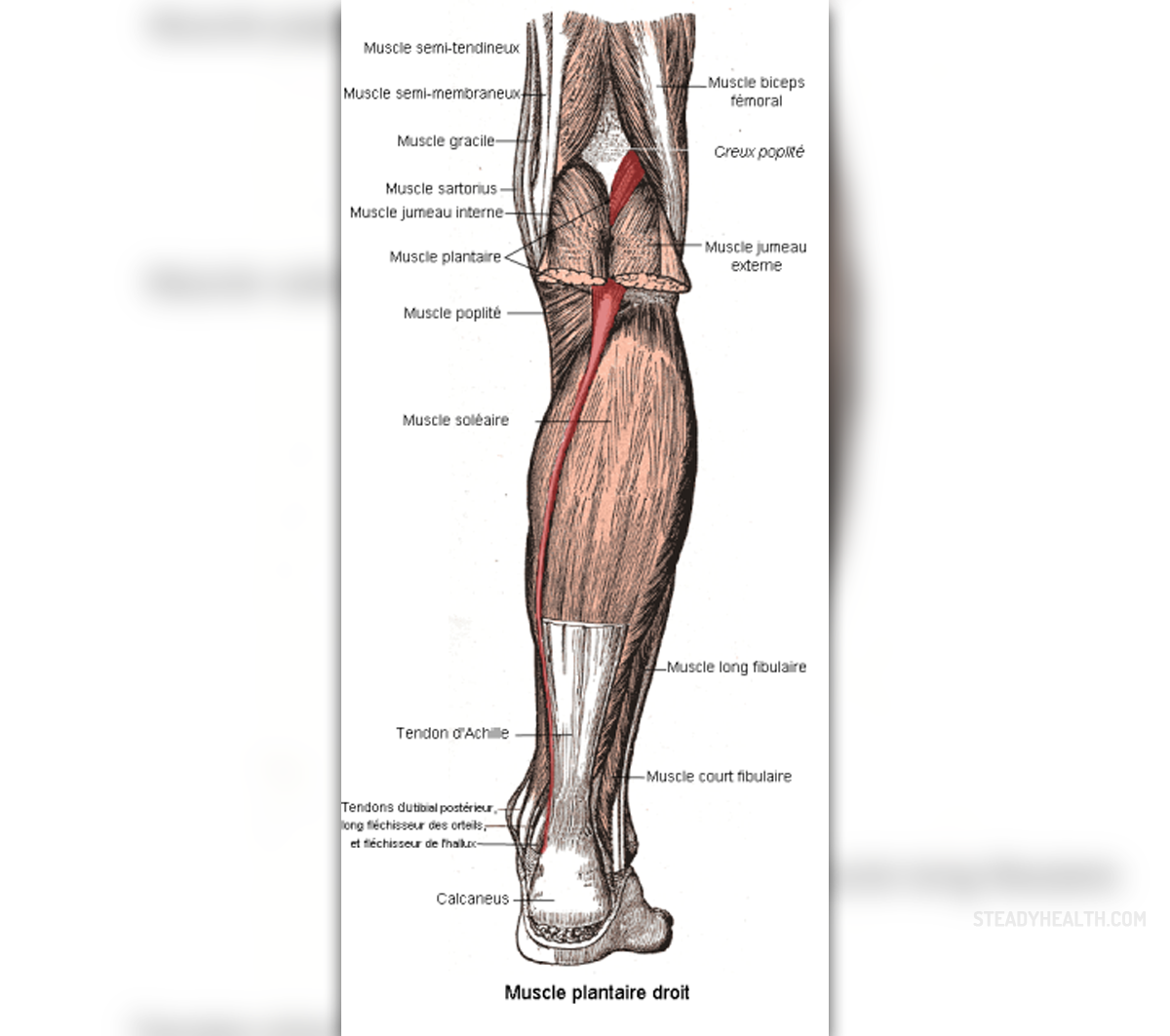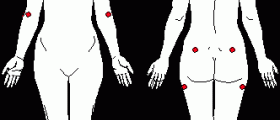Myalgia or Deep Muscle Pain
Deep muscle pain (known as myalgia) can be a symptom of several conditions, from minor trauma or injury to diseases like fibromyalgia. To know more about this kind of muscle pain, read on.
Strains, injury, sprains and excessive muscle use can all be instigators, but so can autoimmune disease. Symptoms include pain in the arms, hips, legs, back and other parts of the body.
- 30 sequential patients with suspected neuromuscular disorder and myalgia were analyzed with regard to myalgia characteristics and clinical findings, including symptoms of depression and anxiety and pain- threshold.
- A neuromuscular disorder was diagnosed in 14/30 patients. Muscular pain fasciculation syndrome (MPFS) without evidence for myopathy or myositis was diagnosed in 10/30 patients and 6/30 patients were diagnosed with pure myalgia without evidence for a neuromuscular disorder (e.g., myopathy, myositis, MPFS, polymyalgia rheumatica).
- Highest median pain scores were found in patients with pure myalgia and polymyalgia rheumatica. Pressure pain threshold measurement showed a significant difference between patients and controls in the biceps brachii muscle.
Symptoms and Causes of Deep Muscle Pain
The most frequent reasons for deep muscle pain to occur are, spraining, straining or overworking the muscles, but it can also be caused by a lack of electrolyte balance in the body. Minerals are critical to the body, and their lack can instigate cramps, spasms or muscle pain. If the joints are stiff, or if there is an onset of numbness, fatigue or pain, the underlying cause could be Fibromyalgia, a muscle related condition.
Piriformis syndrome causes deep muscle pain in the buttocks, due to the 'piriformis' muscles aggravating the sciatic nerve. This pain can spread to the back of the leg and can cause discomfort during physical activity. Muscle fibers can be broken down as a consequence of Rhabdomyolysis, a condition causing the muscles to ache and become stiff, and it may turn urine dark. Polymyalgia rheumatica is akin to rheumatism, and can lead to muscle stiffness and neck, shoulder and hip pain. Infections such as influenza, malaria, rheumatic fever and measles can also instigate all kinds of muscle pain.
Finally, autoimmune conditions like dermatomyositis, lupus or polymyositis can all lead to muscle pain, due to a plethora of factors such as aggravation of the muscles and skin or disruption of the body’s connective tissue.
Treatment Options
To successfully treat this condition it is of extreme importance to identify what the exact cause is so that a method to remedy it can be chosen. The fact is that overuse of muscles and injury are the most likely causes of deep muscle pain. The best method of alleviating the pain involves resting as well as applying ice and warm compresses to the painful area. Regular exercise can be a method of prevention, as it develops the muscles making spraining more difficult. If the pain is not a product of either of the above mentioned reasons, the problem could be more complicated and a doctor consultation is required for a precise diagnosis and treatment plan.









-vs-Trigger-Points-(Myofascial-Pain-Syndrome)_f_280x120.jpg)








Your thoughts on this
Loading...